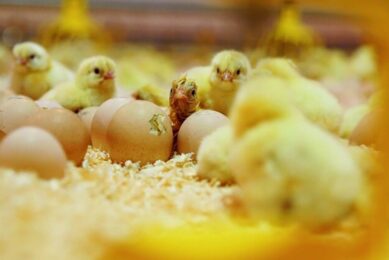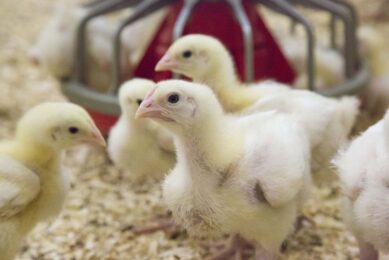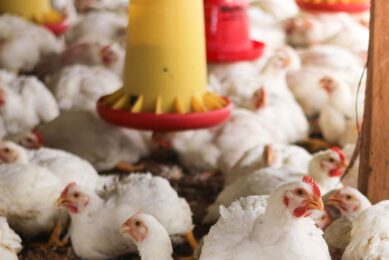US turkey industry raises concerns about feed costs
A US turkey industry representative told a House Agriculture Subcommittee the federally mandated use of ethanol has created an immediate and legitimate concern about the availability and cost of feed ingredients for poultry and livestock.
Ted Seger, president and part owner of Farbest Foods Inc. and past chairman of the National Turkey Federation (NTF), told the Subcommittee on Livestock, Dairy and Poultry that it has become clear, from the minute the government chose to subsidize corn as an energy source, that livestock and poultry interests have taken a back seat to the ethanol industry.
Since 2005, when the Renewable Fuel Standard (RFS) was created, corn prices have risen 64%. With feed accounting for 70% of the cost of raising a turkey, and corn the largest feed ingredient, corn availability and pricing are often the largest determining factors for companies when deciding how many turkeys to produce.“Many factors play a role in corn pricing, however the only one that the federal government can ultimately control is the one that it put in place back in 2005 and expanded in 2007,” Seger said.
“While no one item is a silver bullet to fixing the low corn stock problem, we must do something to protect livestock and poultry producers from excessive high corn prices due to the fact that the government has mandated the use of half of the corn supply in the nation’s fuel supply.”
Seger told the committee that the Volumetric Ethanol Excise Tax Credit, or blender’s credit, is not required to support ethanol production and should be allowed to expire at the end of the year. He also said that the turkey industry is looking to reform the existing ethanol policy and asked that there be a safety net that ensures the availability of corn and reduces price volatility in the future. The RFS should be reevaluated by creating a policy that provides practical, automatic and meaningful protection against a poor corn harvest.
Seger’s testimony is available here.
Join 31,000+ subscribers
Subscribe to our newsletter to stay updated about all the need-to-know content in the poultry sector, three times a week. Beheer
Beheer








 WP Admin
WP Admin  Bewerk bericht
Bewerk bericht